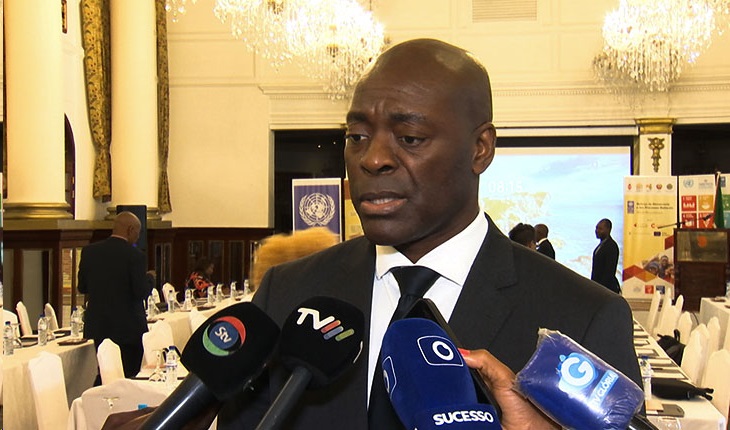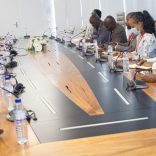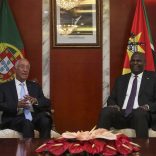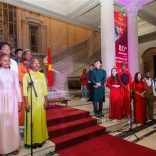Mozambique: Minister claims that 2026 justice congress is crucial for “inclusive dialogue”
Mozambique Elections: Judges want upcoming law review to clarify their powers

Image: O País
Judges in Mozambique expect that a significant part of the powers of the Constitutional Council will be attributed to the district judicial courts under the review of the electoral law being undertaken by the Assembly of the Republic.
The justification for this claim is that these bodies of first instance are also sovereign, as much as the Constitutional Council is, which is why they can make decisions, except for validating the electoral results. That is, they can annul elections, and only in case of appeal will it be up to the Constitutional Council to confirm or reject the decision of the district judicial court.
According to Pedro Nhatitima, Judge Advisor to the Supreme Court, only this perspective will satisfy the judges, as the issues raised not only by the courts, but also by the various voices of society, will be reviewed.
“With this review, the Assembly of the Republic will clarify the powers of the district courts within the scope of the electoral process, with regard to the issue of annulling the vote in a given area. Without this, the courts are limited to serving only as couriers of documents between the base and the Constitutional Council,” Nhatitima said.
The judge counsellor also said that, because the courts are sovereign bodies, they must have the responsibility to make decisions because that is what sovereign bodies do.
According to the judge supreme court counsellor, the question of the courts having or not having these powers were raised due to two factors: the law and its interpretation.
“The problem lies in the law, because it does not clarify the powers, which leaves room for different interpretations, which is why it is important to organize training so that there is a harmonised interpretation of the electoral package,” he said.
The magistrate made it clear that although the courts and the Constitutional Council have different understandings of electoral law, there are no problems between these two sovereign bodies.
“We have no problem with the Constitutional Council, there are no disagreements between these two bodies. What there is, is a different understanding of some precepts of the electoral law, so let it be clear that it is one thing to have different interpretations, and another to have a disagreement between two or more institutions,” he explained.
Nhatitima said that, on the other hand, both were sovereign bodies and that the decisions taken by them must be respected, but nothing prevents them from expressing different opinions.
“Let us not be afraid to say what we think for the good of the country,” he urged, expressing the view that the review of the electoral law would render the upcoming elections less problematic.













Leave a Reply
Be the First to Comment!
You must be logged in to post a comment.
You must be logged in to post a comment.